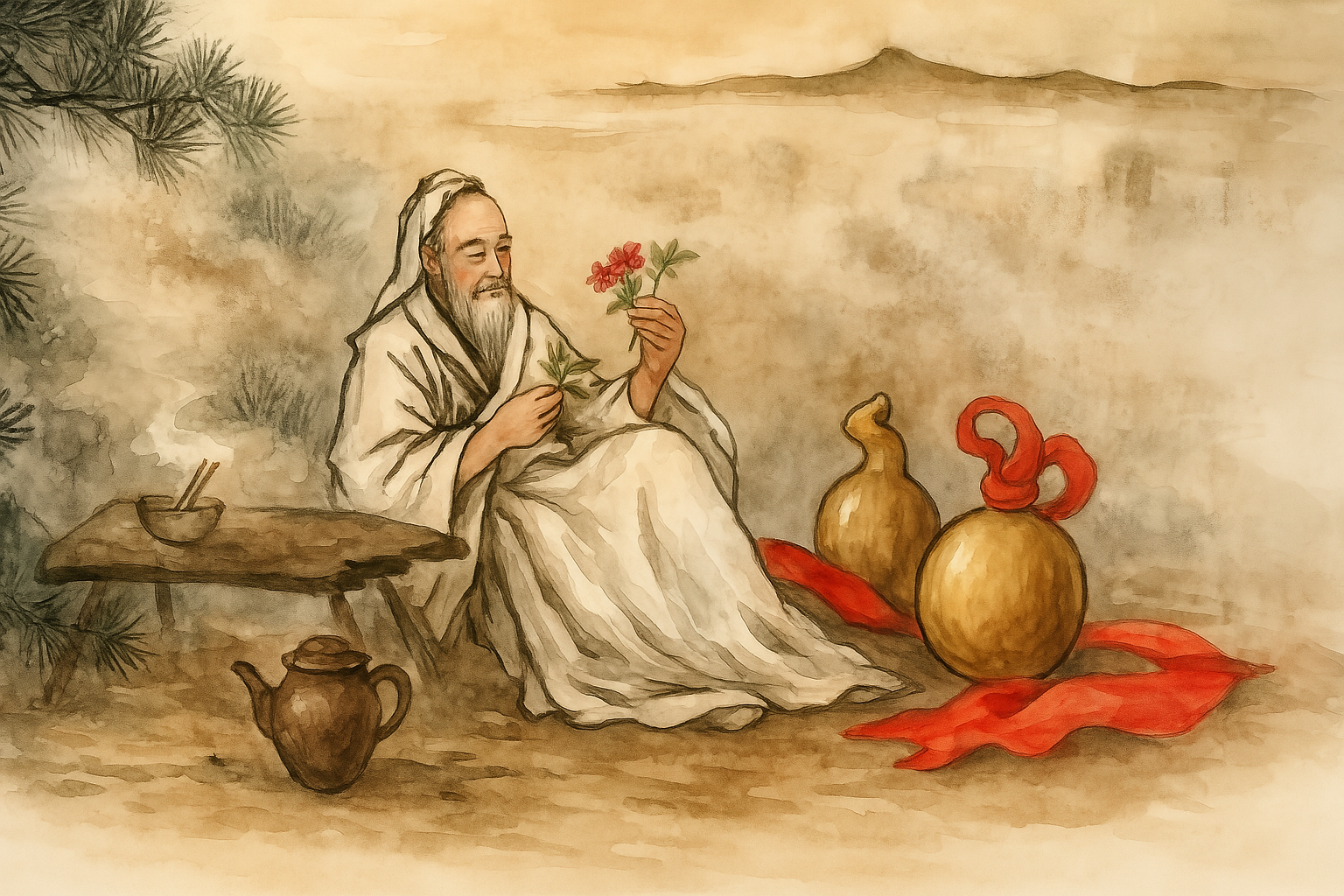What is Traditional Chinese Medicine (TCM)?
Traditional Chinese Medicine (TCM) is one of the world’s oldest and most comprehensive medical systems, with a history spanning over 2,500 years. Rooted in the philosophies of Daoism and ancient Chinese cosmology, TCM views the human body as an interconnected system that thrives on balance, harmony, and the natural rhythms of life.
Core Philosophies
TCM is built upon foundational concepts such as:
- Yin and Yang: The dynamic balance of opposing but complementary forces that influence all aspects of health and disease.
- Qi (Vital Energy): The life force that flows through pathways called meridians. Optimal health depends on the smooth and balanced flow of Qi.
- The Five Elements: Wood, Fire, Earth, Metal, and Water. These elements represent the cyclical patterns in nature and their correspondence to organ systems in the body.
Key Practices in TCM
TCM employs a diverse range of therapies aimed at restoring balance and enhancing the body’s innate healing abilities:
- Herbal Medicine: A vast pharmacopeia of plant, mineral, and animal-based substances used to treat a wide variety of conditions.
- Acupuncture: The insertion of fine needles at specific points to stimulate Qi flow, relieve pain, and support healing.
- Moxibustion: The burning of mugwort near acupuncture points to warm and invigorate the flow of Qi.
- Tui Na: A therapeutic form of Chinese massage that targets meridians and pressure points.
- Qigong and Tai Chi: Meditative movement and breath practices that promote vitality, mental clarity, and internal balance.
- Dietary Therapy: Food is viewed as medicine, with diet tailored to the individual’s constitution and seasonal changes.
Scientific Integration
While TCM is rooted in traditional philosophy, its practices are increasingly integrated with modern biomedical research. Studies have explored the efficacy of acupuncture, herbal compounds, and TCM-based rehabilitation therapies in areas such as chronic pain, cancer support, digestive disorders, and mental health.
Global Relevance
Today, TCM is practiced in hospitals and wellness clinics worldwide, offering a holistic alternative and complement to conventional Western medicine. Its emphasis on prevention, individualized care, and the harmony between body and nature resonates deeply with modern seekers of integrative health.
Conclusion
Traditional Chinese Medicine is more than a medical system; it is a living tradition that reflects the ancient wisdom of observing nature, honoring balance, and treating the whole person. As global interest in wellness and longevity continues to grow, TCM offers a timeless path toward resilience, vitality, and harmony in modern life.

